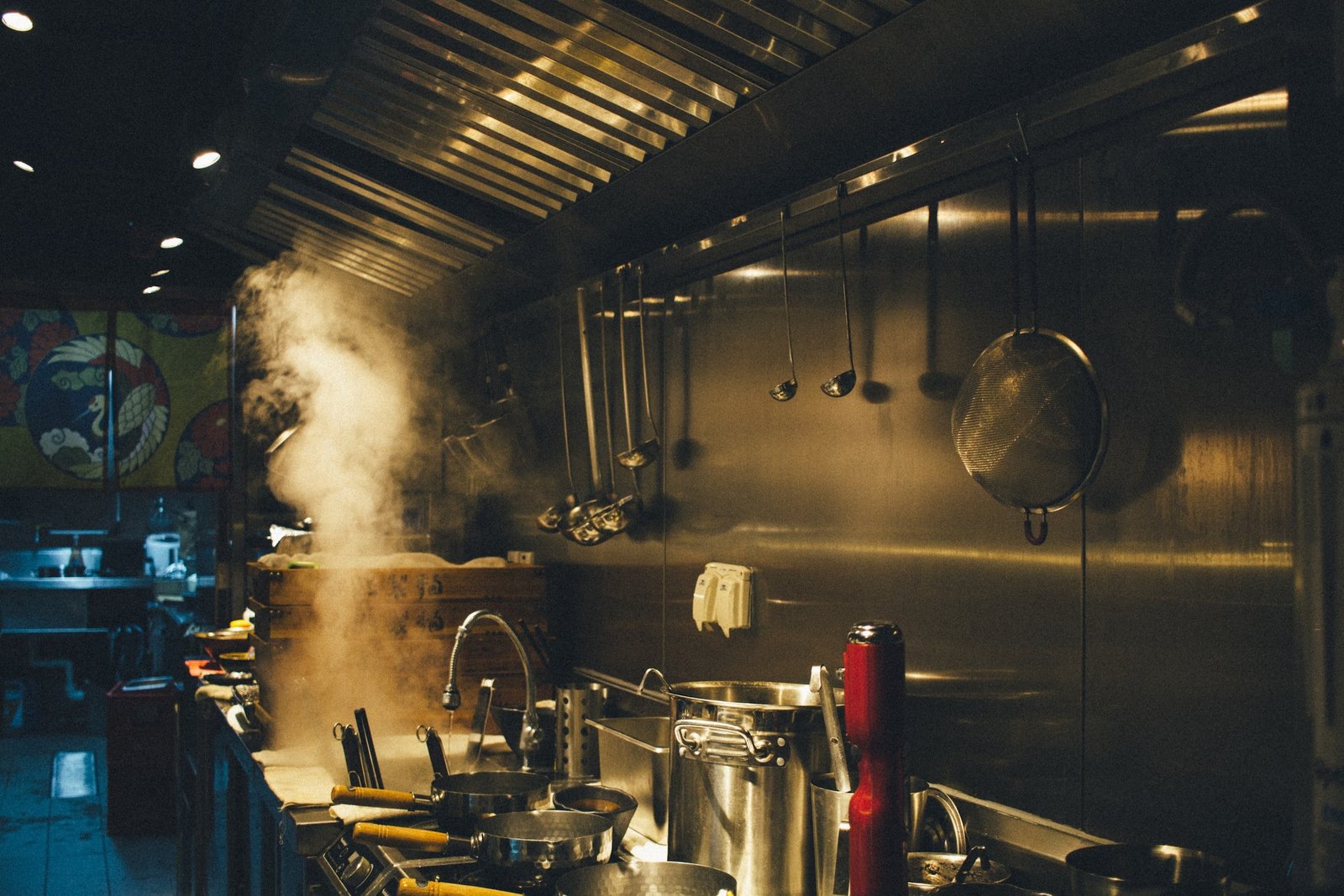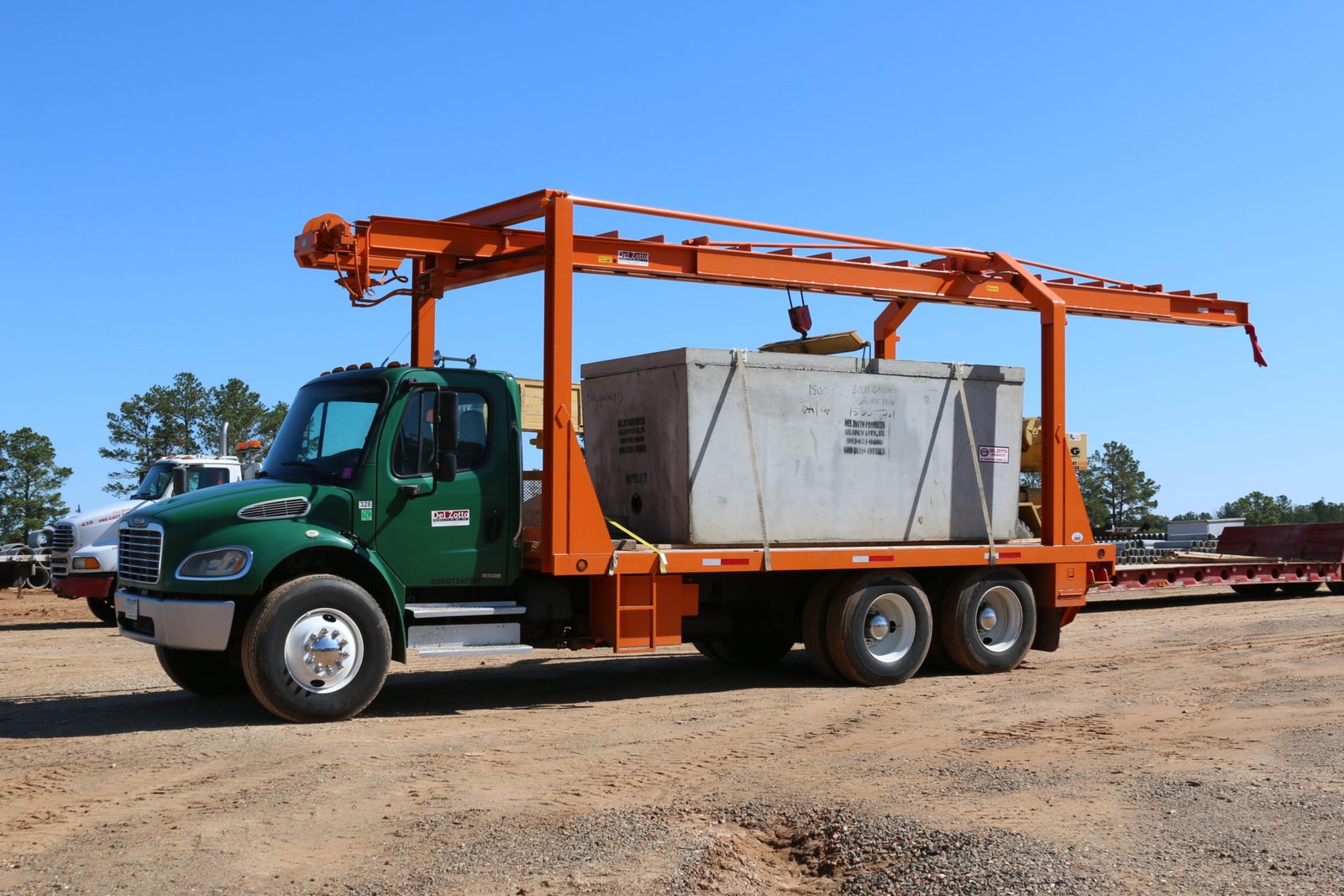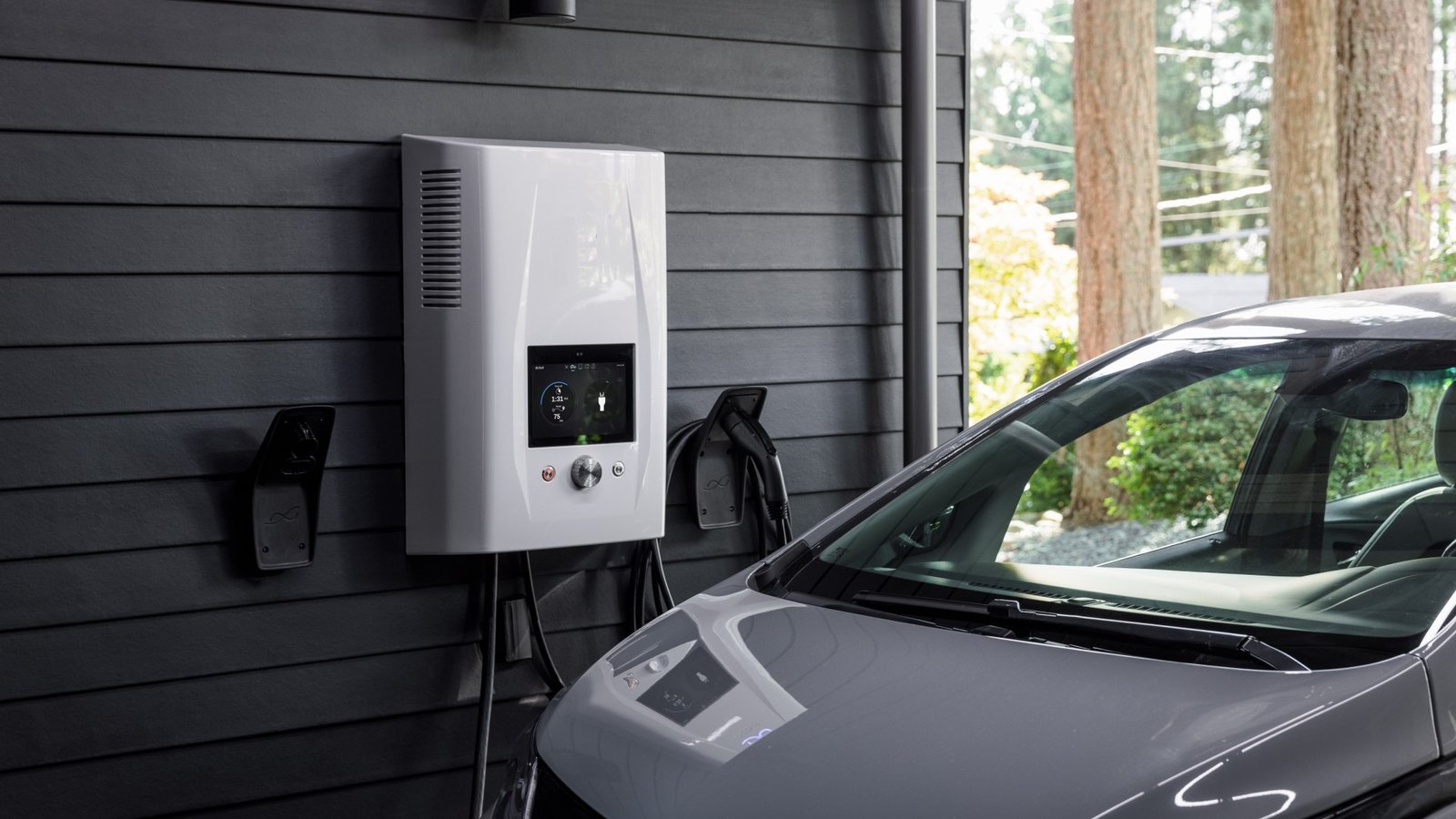
Grease interceptors are an important part of any commercial kitchen. They help to prevent grease from building up in the sewer system, which can cause blockages and other problems. But what exactly is a grease interceptor, and how does it work?
A grease interceptor is a tank that is installed between a kitchen’s drainage system and the sewer line. As wastewater flows through the interceptor, the grease and oil float to the top and are trapped. The wastewater then flows out of the interceptor and into the sewer line.
Grease interceptors are typically made of steel or fiberglass. They come in a variety of sizes, depending on the size of the kitchen and the amount of grease that is generated.
Grease interceptors need to be cleaned regularly to prevent grease from building up and causing problems. The frequency of cleaning will depend on the amount of grease that is generated in the kitchen.

EPA’s Report to Congress on sewer overflows concluded that “grease from restaurants, homes, and industrial sources are the most common cause (47%) of reported blockages. Grease is problematic because it solidifies, reduces conveyance capacity, and blocks flow.” So, it’s a big deal and rightfully so. Authorities across the nation heavily regulate how they’re sized and installed. We’re going to give you some tips on sizing that might help prospective restaurant owners and engineers.
Fats, Oils, and Grease (FOG) from food service establishments (FSE) come from the kitchen appliances and drains throughout the space, so establishing the specifics of the number of fixtures, their sizes, and routing would be a good starting point.

Depending on how many and types of fixtures, larger concrete grease interceptors could be required. Fats, Oils and Grease (FOG)
Here are some additional benefits of using a grease interceptor:
- They can help to prevent sewer backups. Grease and oil can build up in sewer lines and cause blockages. This can lead to backups and flooding in your business.
- They can help to protect the environment. When grease and oil enter the sewer system, they can pollute waterways and harm wildlife. Grease interceptors can help to keep these pollutants out of the environment.
- They can save you money. Grease and oil can damage your plumbing system. Grease interceptors can help to prevent this damage and save you money on repairs.
If you have a commercial kitchen, you should install a grease interceptor. It is an important part of maintaining a safe and healthy kitchen. Check out the video below for more information and/or reach out to us and we can help you with your specific situation.
This is a great resource if you’re building is located in the Miami-Dade area.
This is a great resource if you’re building is located in the city of Orlando area.
Here is a news story of what can happen when owners neglect the permitting process for FOG control
Share This Story, Choose Your Platform!
continue reading



